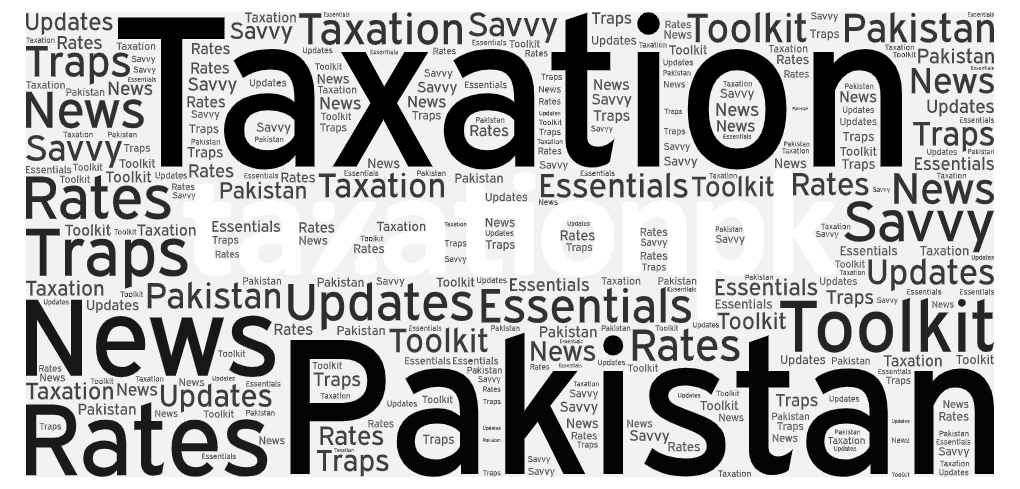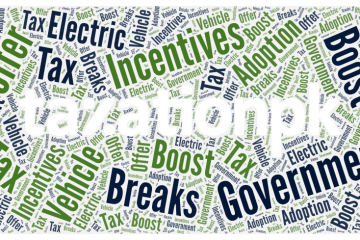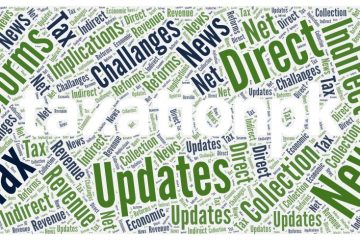The IMF had set a deadline for each province to amend their agricultural income tax laws to align with federal tax regimes, setting the stage for new tax rates by January 1, 2025. The objective is to bring the agricultural income tax rates in line with the federal income tax rate structure for small farmers and the corporate tax rate for commercial agriculture. However, none of the provinces have finalized the legislative process, raising concerns about whether these reforms can be implemented on schedule.
Table of Contents
TogglePunjab Takes the Lead, Other Provinces Follow
Punjab has taken the initial step towards compliance by approving the draft Punjab Agriculture Income Tax Bill 2024 in its provincial cabinet on October 30, but the bill has yet to pass in the provincial assembly. According to Punjab Information Minister Azma Bukhari, the new law will align the province’s agricultural tax regime with federal income tax regulations, potentially including income from livestock.
Khyber-Pakhtunkhwa (K-P) is also progressing, with plans to present its draft bill to the provincial cabinet next week, as per K-P Finance Adviser Muzammil Aslam. Express Tribune
The draft proposals across the provinces suggest a willingness to raise tax rates on agricultural income but also reflect certain regional adjustments and modifications.
National Fiscal Pact and Future Collection
The National Fiscal Pact signed by the provinces mandates these legislative changes, and the revised agricultural income tax regime is expected to begin collecting taxes under the new structure starting from January 2025. This timeline aims for collections to cover the second half of the 2024-25 fiscal year, with payments due in July 2025.
However, delays in implementing these changes threaten the timeline, with the federal government expressing concerns over provincial cooperation. The missed deadline comes at a time when Pakistan is under pressure to meet fiscal targets, especially as the federal government grapples with a Rs 342 billion cash surplus condition imposed by the IMF. Punjab’s budget deficit of PKR 160 billion in the first quarter further highlights these challenges.
Recent FBR Reshuffling to Improve Tax Collection
The Federal Board of Revenue (FBR) has faced its own setbacks, falling short of its four-month tax collection target by PKR 190 billion. In response, the government has reshuffled 18 senior FBR officials to improve efficiency. Key changes include appointing Hamid Ateeq Sarwar as the new Member Operations and Najeeb Ahmad Memon as the Member Inland Revenue Policy.
Other significant appointments include Zubair Bilal as Chief Commissioner of the Large Taxpayers Office (LTO) Karachi, the largest contributor to national taxes, and new leadership at LTOs in Lahore and Islamabad.







